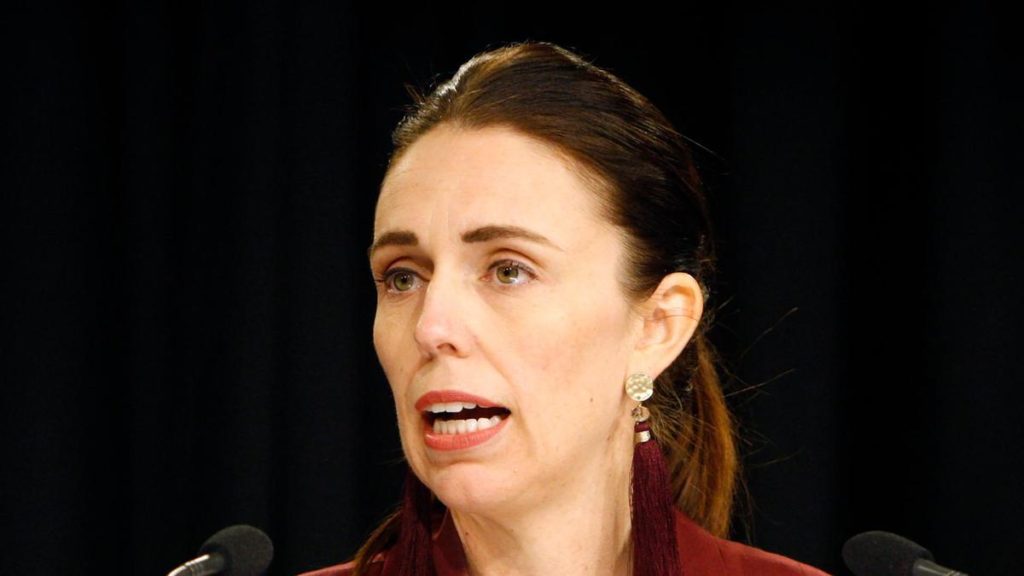Can the Brexit conundrum be solved by an all-female cabinet? And can a woman lead India’s main opposition Congress Party out of the political doldrums? We may never have the answer to either question. A British cabinet of women is no more than an idea floated on Sunday by Green MP Caroline Lucas. And the state of her party and India’s politics, may be much beyond the individual capabilities of anyone, man or woman, not just Sonia Gandhi, newly appointed as interim Congress president.
Even so, the idea of female leadership is often advanced in times of trouble or when big companies are struggling. The “glass cliff” phenomenon, a term coined in 2005 by Exeter University researchers Michelle Ryan and Alexander Haslam, refers to the tendency to seek an atypical leader — often, a woman — in a crisis. This is partly because the elevated role may carry the risk of failure and be disdained by pragmatic male contenders. But the other, more profound reason is the perception female leaders have unique, gender-specific qualities, such as greater commitment to community and consensual cooperation.
Ms Lucas’s rationale for a female “emergency cabinet” for Britain is of a piece with the stereotypical faith in softer womanly strengths. The Brexit cabinet, she said would “work for reconciliation” rather than fight new political battles. “Why women?” she added. “Because I believe women have shown they can bring a different perspective to crises, are able to reach out to those they disagree with and cooperate to find solutions.”
Is this true? New Zealand’s prime minister Jacinda Ardern has rightly been praised around the world for bringing the healing touch to her shocked and grieving country after the Christchurch mosque attacks. In ways large and small, Ms Ardern unified the public response even as she trod a politically assured path towards constructive measures such as gun control.
Was that on account of her gender or because Ms Ardern is a skilled and compassionate politician? The grief she openly displayed after the massacre is not restricted to female leaders. Back in 2012, US president Barack Obama shed tears for the elementary school children who died in a mass shooting in Newtown, Connecticut. And in December 2015, Canada’s Justin Trudeau welcomed 163 Syrian refugees to his country with little gestures that some might call maternal — he helped a small child into a new coat, for instance.
The refugee question offers an interesting way to look at what difference, if any, it makes when a woman is in charge. Bangladeshi prime minister Sheikh Hasina took in 700,000 Rohingya Muslims fleeing from neighbouring Myanmar, which is also led by a woman, Aung San Suu Kyi. And Germany’s long-serving chancellor Angela Merkel opened her country up to nearly a million Syrian refugees, a step that some might see as rooted in a woman’s nurturing instincts. But she’s known to be tough and unpretentious, pragmatic and prone to testing out policy positions, as befits a trained scientist, whether male or female. There’s probably little about Mrs Merkel’s 14 years in office that would have been different were she a man. And her attitude to refugees could not be more different from that of another female European politician, France’s anti-immigrant National Rally leader Marine Le Pen.
It would be well to heed the caution expressed by Sarah Childs, professor of gender and politics at Bristol University. She says that generalisations about women in politics don’t hold true. “Often the story is: if we get more women in, society will be more feminist. They’ll make it nicer and more consensual, stop corruption and bring more peace. While that may be true, it also may not be. It depends on who the politicians are.”
In fact, women politicians much like their male counterparts, have a pretty mixed record. They can be peacemakers or lead their country to war. Ellen Johnson Sirleaf of Liberia, Africa’s first elected female head of state, won the Nobel Peace Prize for her efforts to bring women into the peacekeeping process. But women leaders aren’t necessarily opposed to taking their countries to war, like Margaret Thatcher and the 1982 Falklands War. After all, it was the women of Sparta, a highly militarised society, who pushed husbands and sons to stay fiercely engaged in battle. In Plutarch’s famous phrase, they exhorted the men, “come back with your shield — or on it.”
The ancient Greeks, of course, had a tendency to equate virility with political virtue. Today, the trend is all about femininity and its presumed link with compassionate and inclusive politics. But good leadership has no gender.


